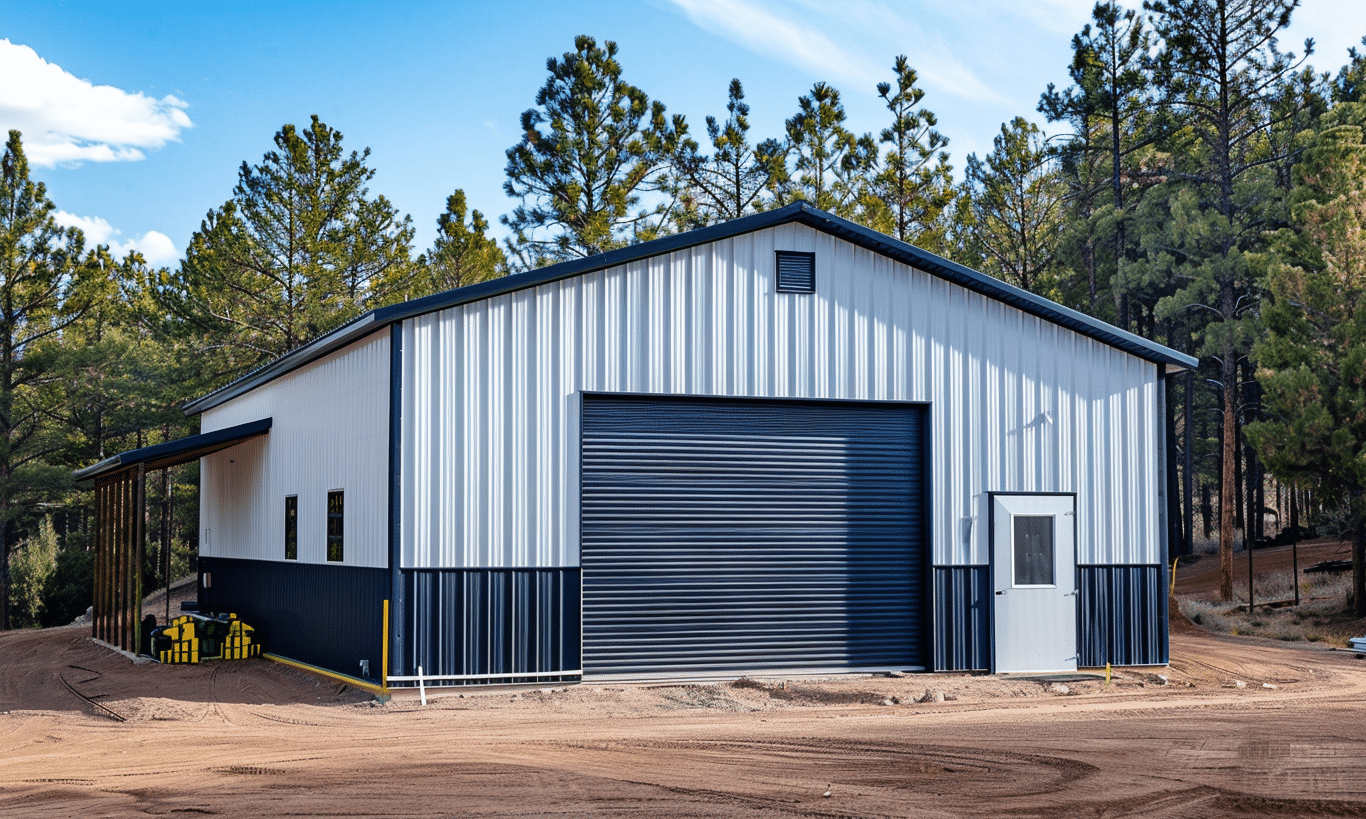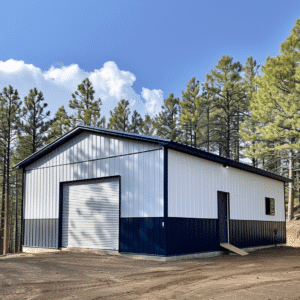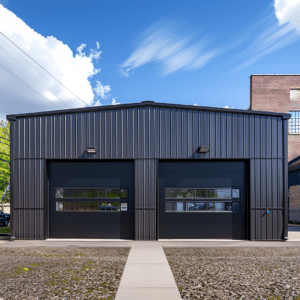When it comes to construction projects, delays can feel like an unexpected storm on a perfectly planned day. Everyone involved, from project managers to builders, rationally expects hiccups along the way, yet when delays strike, they can create significant setbacks. But worry not, because understanding how to deal with construction delays can transform even the most chaotic situation into a navigable path forward. Today, we dive into strategies, processes, and solutions that can help you manage those unexpected hold-ups and keep your project on track.
Understanding the Root Causes of Construction Delays
Dealing with construction delays starts with understanding their origins. Is it the inclement weather, a shortage of materials, or perhaps staffing issues? Identifying the root cause is akin to troubleshooting a complex machine; knowing which cog refuses to turn is vital before any adjustments. Some common culprits include:
– **Weather conditions**: Mother Nature cannot be controlled, but her influences can be anticipated. Seasonally adjusted schedules help mitigate delays caused by adverse weather.
– **Supply chain disruptions**: The global nature of logistics means any disruption can ripple through the project timeline.
– **Labor shortages**: Passionate workers are the heart of any construction project, but sometimes, skilled labor is scarce, affecting timelines.
Understanding these causes equips you to respond more effectively and preemptively when issues arise.
Proactive Planning: Your Best Defense Against Delays
Think of proactive planning as building a safety net under a high-wire act. It isn’t about eliminating risks but mitigating them when they inevitably occur. Here’s how to weave a strong safety net:
– **Realistic timelines**: Overambitious scheduling is a highway to frustration. Instead, prepare for potential delays by padding timelines with extra days for completion.
– **Contingency plans**: Having a “plan B” in place prepares you for Murphy’s Law moments when everything seems to go wrong.
– **Regular check-ins**: Frequent project evaluations and updates keep stakeholders informed and help adjust plans in real time.
The Role of Clear Communication
Imagine a construction site operating like a well-oiled machine—every part informed and functionally connected. Effective communication is the lubricant that keeps everything running smoothly. Whether it be between project managers and field teams or suppliers and engineers, communication is key:
– **Transparent updates**: Use technology to ensure every team member is updated on progress, changes, and challenges.
– **Regular meetings**: Weekly or bi-weekly meetings help catch small issues before they snowball into significant delays.
– **Conflict resolution**: Encourage an open-door policy for resolving issues to maintain a collaborative environment.
Navigating Unavoidable Delays
Despite all precautions, some delays are inevitable. How you handle them can define the project’s success. Think of it like sailing a ship through rough waters: it’s about adjusting the sails and steering skillfully. Consider these strategies:
– **Assess impact**: Determine the delay’s ramifications on the timeline and budget to prioritize your action plan.
– **Communicate candidly**: Keeping stakeholders informed about the situation and planned resolutions builds trust.
– **Agile adjustments**: Be prepared to shuffle tasks, hire temporary staff, or negotiate new delivery dates.

Technology as a Delay-Deterrence Tool
In this fast-moving technological world, tools like scheduling software and collaborative apps are as vital to construction projects as a hammer and nails. Here’s how tech can help:
– **Scheduling software**: Tools like Microsoft Project allow for streamlined scheduling and real-time adjustments.
– **Drone inspections**: Quickly assess project sites to identify potential issues before they become delays.
– **Augmented reality**: This emerging technology offers innovative ways to visualize projects and spot design issues early on.
For more insight on using technological advances to improve your construction outcomes, refer to Construction Executive.
Leveraging Expertise: The Role of Experienced Contractors
When navigating the tumultuous waters of delays, think of experienced contractors as seasoned sailors. They know how to maneuver their ships through rough currents with finesse. Engaging experienced Ontario steel building erectors, for instance, can provide invaluable guidance and hands-on solutions.
Why Choose Your Building Team?
Consider partnering with experts from Your Building Team. Their extensive industry knowledge and commitment to quality ensure they can handle delays proficiently, maintaining the trajectory of any project.
Conclusion: Turning Setbacks into Opportunities
In the end, dealing with construction delays is more than just a necessary evil; it’s an opportunity for growth and improvement. Just like a phoenix rises from the ashes, projects can emerge from delays more robust and resilient than before. Whether through proactive planning, clear communication, or technological advancements, these strategies create a roadmap for transforming setbacks into smooth sailing.
With these tools in your arsenal, you can keep your dealing with construction delays skillfully in check and projects pivoting toward success.
**Need more tips or advice on managing construction timelines?** Explore the insights and resources available at Your Building Team today!










